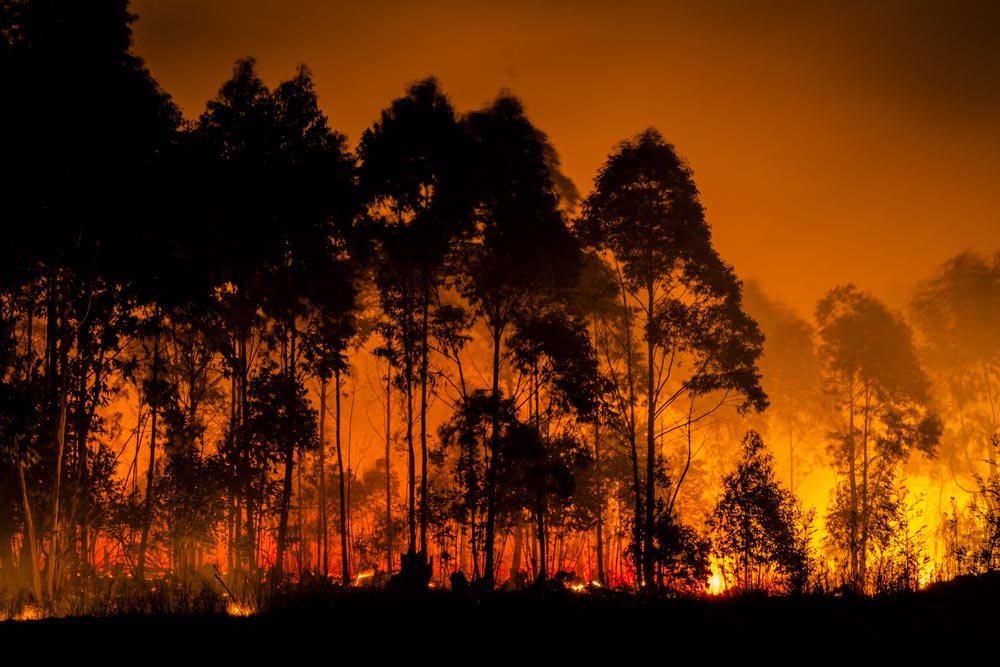
Previously, we have pointed to the current California drought and heat, and postulated that it could be a model for what will happen to ‘a third of the world ‘. One prophecy says that a third of the world will be ‘burned up’. At present, large parts of California are literally burning up — http://www.usatoday.com/story/news/nation/2014/09/21/california-wildfire/16002037/.
I have recently stumbled upon a World Bank report, written in 2012, entitled ‘Turn Down the Heat’. Though it does not go into the science behind its claims, the report asserts the danger of a 4 degree centigrade rise in average global temperatures by 2100. This prediction is much higher than I have seen to date, and should it come to pass, the effects on the earth would be perfectly consistent with a number of prophecies found in Revelation (see ‘Science and Revelation’).
The phrase from the report that I liked best was ‘non-linearity and cascading impacts’. The idea is that though scientific research and reports generally are based upon a smooth linear increase in global temperatures, there is a high probability that that there can be a sudden acceleration of temperatures as one development (like the warming of the oceans) can suddenly trigger another event (like the melting of methane hydrates near the continental shelves), which then causes an acceleration in the rise of temperatures.
This report argues that the rise in global temperatures will be uneven, and that the South American and African equatorial regions will suffer dramatically higher average temperatures and higher spikes in temperatures than other parts of the world. Should these temperature spikes coincide with droughts (many parts of Brazil are already experiencing droughts and water shortages), then we can easily see that the tropical forests of South America and Africa could be literally ‘burned up’, just as we are now seeing in California.
Link to World Bank report — — http://www.unric.org/en/images/stories/2012/pdf/Turn_Down_the_heat_Why_a_4_degree_centrigrade_warmer_world_must_be_avoided.pdf
